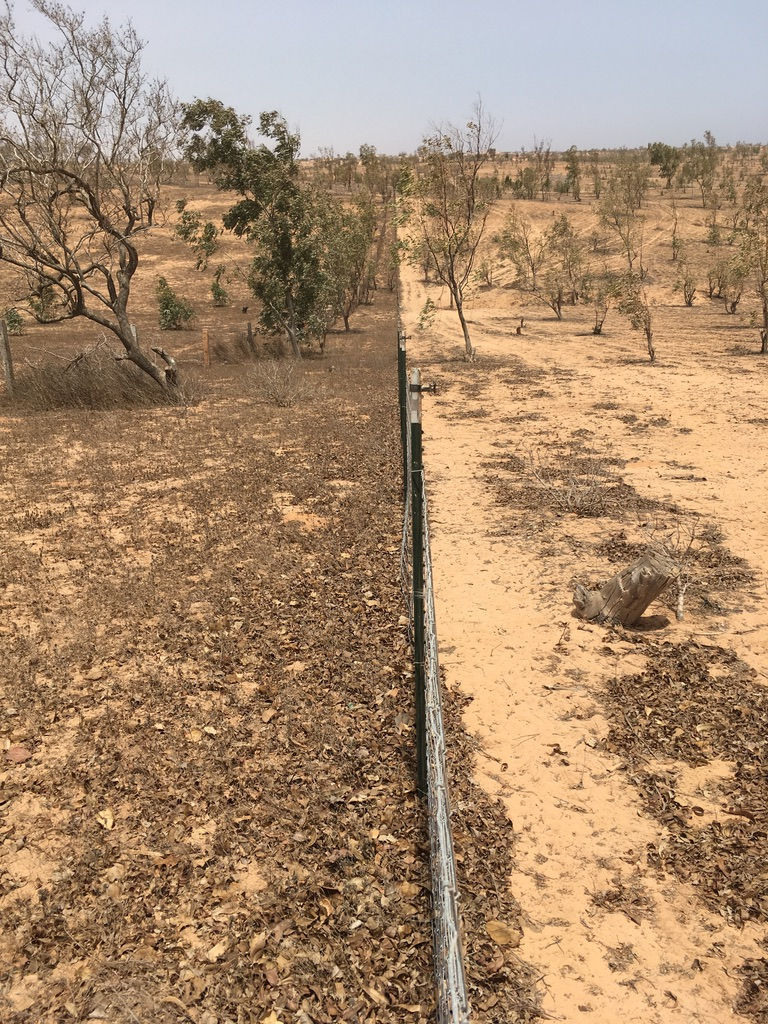Kebemer, Senegal May 2017
- Daniel Halsey
- May 29, 2017
- 2 min read
Updated: Apr 8, 2019
Just south of the ever encroaching Sahel desert, Kebemer was once a fertile land of small farms. Woodlands covered the the unused land and cooled the soils. Eventually the expanding farms and unregulated livestock depleted the ground cover; raising the ambient temperature, increasing the evaporation rate, and destabilizing the soil base. The rains diminished and pressure increased to grow food on depleted lands.


Southwoods was asked by NGO Matter Incorporated to develop a agricultural training farm as a model for better local and cultural practices. Prior to seeing the site first hand I developed the base map and resource report. With the help of Neil Bertrando (RT Permaculture/United Designers) we traveled to the farm, discussed current practices, and made recommendations. The local farmers had already made many adaptations, but the treatment of the soil had not improved. Some way we needed to get the soil covered and reduce the temperature and thereby raise the available water. Cooler soils hold more water by reducing evaporation. Ground cover crops and mulching is the key with many benefits.
We also found a great amount of nutrient resource laying as waste in an abandoned chicken operation. Thousands of pounds of chicken manure piled under empty cages. Mostly carbon now, the nitrogen had mostly volatilised into the air. Either way, this should be in the ground for use as plant food. We recommended that all the manure be spread over a large area and incorporated to the soil. Keeping it possibly air born by the wind might be a health risk.
Our final design included:
a large border wind break
excluding all free range livestock from the farm
trees and shrubs on contour
a gravity feed irrigation system
conversion of chicken bldg to classrooms and shelter
adding two shade cloth hoop houses
designating permanent access routes to and within the farm
growth of ground cover and nitrogen fixing trees and crops
improved fencing and gardens around staff housing








































תגובות